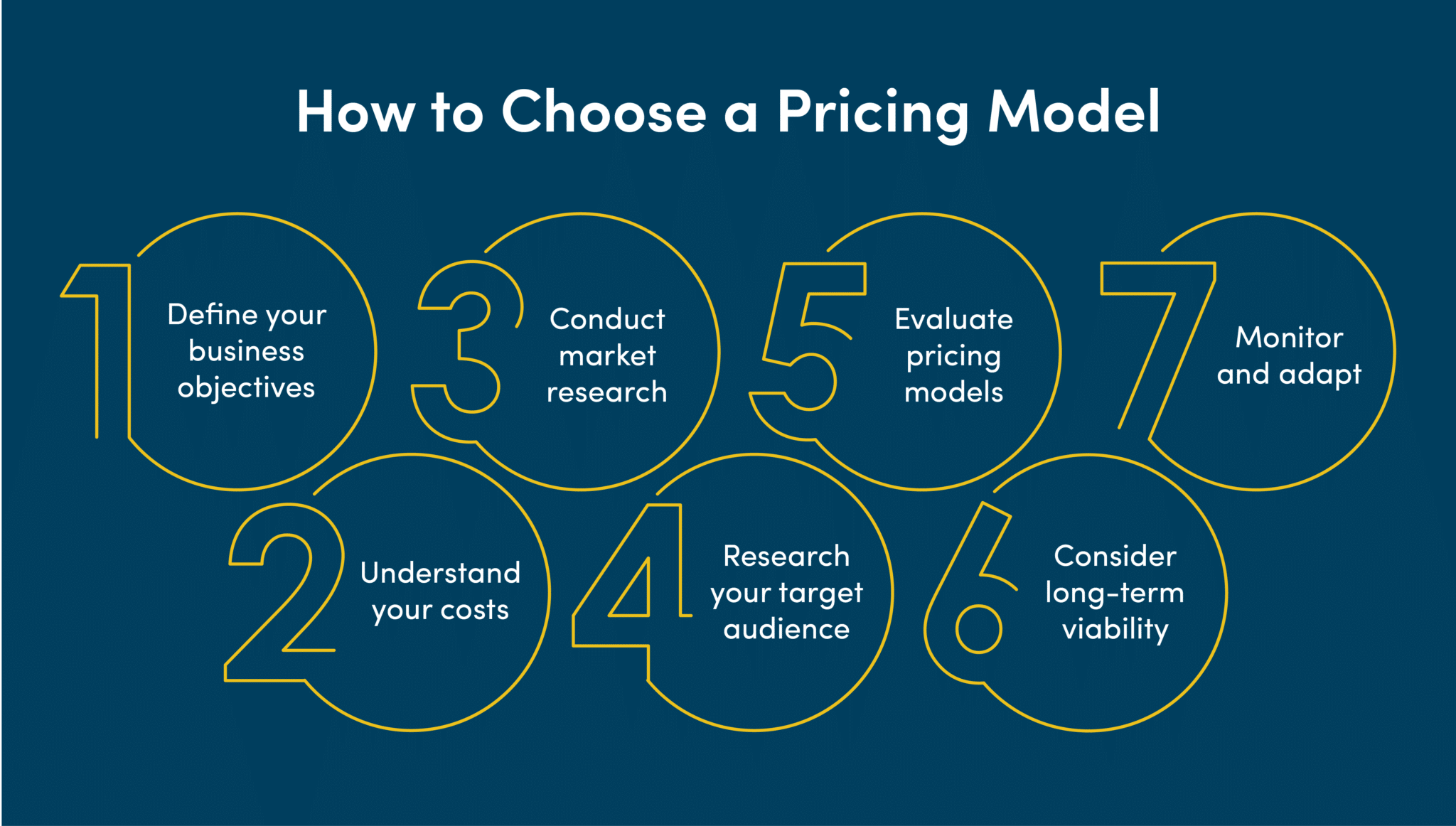Coaching Marketing
by Admin
Posted on 12-04-2025 04:12 PM

Understanding Coaching Marketing
Coaching marketing involves a range of activities, including branding, website development, social media marketing, content creation, and lead generation. The primary objective of coaching marketing is to create awareness about the coach's services and to establish their credibility and expertise in their niche. Coaches need to develop a unique value proposition that differentiates them from their competitors and showcases their unique approach and methodology. Effective coaching marketing requires a deep understanding of the target audience, their needs, and their pain points.
Benefits of Coaching Marketing
Coaching marketing offers numerous benefits to coaches, including increased visibility, credibility, and revenue. By promoting their services effectively, coaches can attract new clients, build their reputation, and establish themselves as thought leaders in their industry. Coaching marketing also helps coaches to differentiate themselves from their competitors and to showcase their unique approach and methodology. Moreover, coaching marketing enables coaches to reach a wider audience, including potential clients who may not have been aware of their services otherwise.
Coaching Marketing Strategies
There are several coaching marketing strategies that coaches can use to promote their services. These include:
Social Media Marketing
Social media marketing is a powerful tool for coaches to promote their services and connect with their target audience. Coaches can use social media platforms, such as Facebook, Twitter, and Instagram, to share their content, engage with their audience, and build their brand. Social media marketing enables coaches to reach a wider audience, increase their visibility, and drive traffic to their website.
Content Marketing
Content marketing is another effective coaching marketing strategy that involves creating and sharing valuable, relevant, and consistent content to attract and retain a clearly defined audience. Coaches can create content, such as blog posts, videos, and podcasts, to showcase their expertise and provide value to their audience. Content marketing helps coaches to establish their credibility, build trust with their audience, and attract new clients.
Email Marketing
Email marketing is a targeted coaching marketing strategy that involves sending targeted and personalized messages to potential clients and existing clients. Coaches can use email marketing to promote their services, share their content, and nurture their leads. Email marketing enables coaches to build relationships with their audience, increase their conversions, and drive revenue.
Measuring the Effectiveness of Coaching Marketing
Measuring the effectiveness of coaching marketing is crucial to understanding the return on investment (ROI) and making data-driven decisions. Coaches can use various metrics, such as website traffic, social media engagement, lead generation, and conversion rates, to measure the effectiveness of their coaching marketing strategies. By tracking these metrics, coaches can identify areas for improvement, optimize their marketing strategies, and increase their ROI.
Common Challenges in Coaching Marketing
Coaches often face several challenges when it comes to marketing their services. These challenges include:
Lack of Visibility
One of the common challenges that coaches face is lack of visibility. With so many coaches offering similar services, it can be difficult for coaches to stand out and get noticed by their target audience.
Limited Budget
Another challenge that coaches face is limited budget. Coaching marketing can be expensive, and coaches may not have the resources to invest in marketing strategies that can help them reach a wider audience.
Difficulty in Measuring ROI
Measuring the ROI of coaching marketing can be challenging, as it can be difficult to track the effectiveness of marketing strategies and attribute results to specific campaigns.
Best Practices for Coaching Marketing
To overcome the challenges of coaching marketing, coaches can follow several best practices. These include:
Develop a Unique Value Proposition
Coaches need to develop a unique value proposition that differentiates them from their competitors and showcases their unique approach and methodology.
Focus on Building Relationships
Coaching marketing is not just about promoting services; it's about building relationships with potential clients and existing clients. Coaches need to focus on providing value to their audience and building trust with them.
Use Data to Make Decisions
Coaches need to use data to make decisions about their marketing strategies. By tracking metrics, such as website traffic and lead generation, coaches can identify areas for improvement and optimize their marketing strategies.
Conclusion
Coaching marketing is a crucial aspect of a coach's business, as it helps them to establish their brand, build their reputation, and attract new clients. By understanding the benefits and challenges of Coaching Marketing, coaches can develop effective marketing strategies that help them reach a wider audience and drive revenue. By following best practices, such as developing a unique value proposition, focusing on building relationships, and using data to make decisions, coaches can overcome the challenges of coaching marketing and achieve their goals.
FAQs
What is coaching marketing?
Coaching marketing is a specialized form of marketing that focuses on promoting the services of coaches, such as life coaches, business coaches, and wellness coaches.
Why is coaching marketing important?
Coaching marketing is important because it helps coaches to establish their brand, build their reputation, and attract new clients.
What are some common challenges in coaching marketing?
Some common challenges in coaching marketing include lack of visibility, limited budget, and difficulty in measuring ROI.
How can coaches measure the effectiveness of their coaching marketing strategies?
Coaches can measure the effectiveness of their coaching marketing strategies by tracking metrics, such as website traffic, social media engagement, lead generation, and conversion rates.
What are some best practices for coaching marketing?
Some best practices for coaching marketing include developing a unique value proposition, focusing on building relationships, and using data to make decisions.
How can coaches use social media to promote their services?
Coaches can use social media to promote their services by sharing their content, engaging with their audience, and building their brand.
